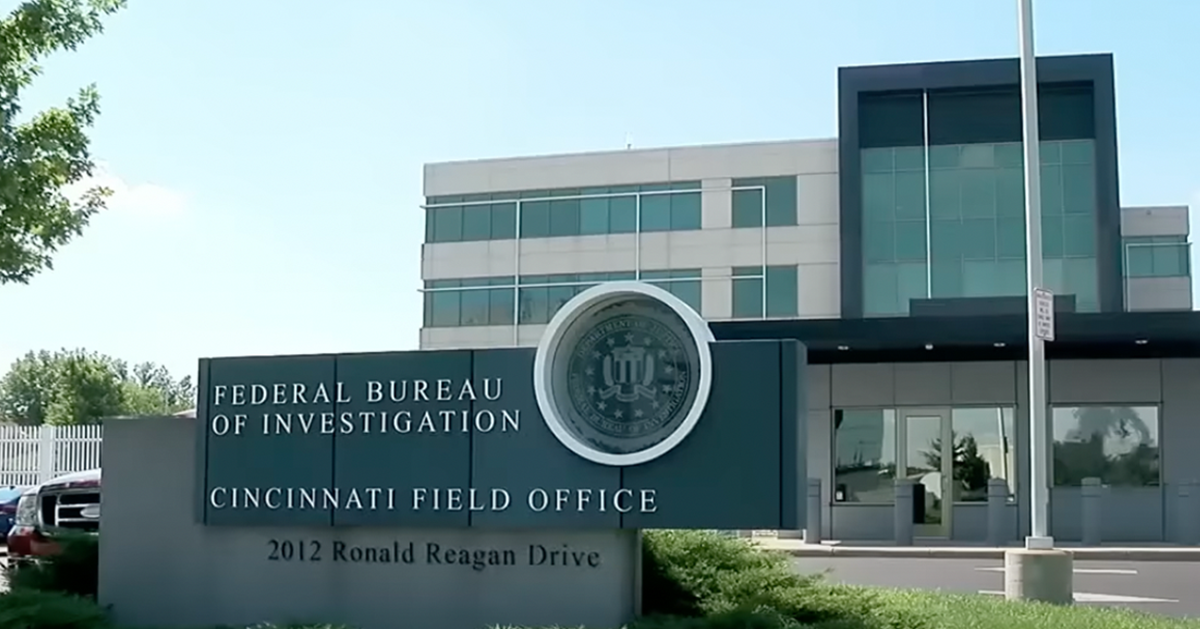Pope Leo approves church departure of Spanish bishop entangled in abuse scandal
Pope Leo XIV has just dropped a bombshell by accepting the resignation of a Spanish bishop tangled in a decades-old abuse allegation.
On Saturday, the pontiff greenlit the exit of Bishop Rafael Zornoza of Cádiz, Spain, amid a church probe into claims of sexual misconduct with a young seminarian from the 1990s, marking the first known instance of Pope Leo removing a bishop over such accusations, as Breitbart reports.
Zornoza, now 76, hit the standard retirement age of 75 last year and tendered his resignation then, but the Vatican sat on it until now. Why the delay? Well, a recent report by El País spilled the beans on an ongoing investigation into some very troubling claims.
Unpacking the Allegations Against Zornoza
The accusations date back to the 1990s, when Zornoza was a young priest running a seminary in Getafe. A former seminarian alleges that Zornoza engaged in inappropriate physical contact and even shared a bed with him regularly between the ages of 14 and 21.
A letter sent to the Vatican over the summer detailed these claims, painting a disturbing picture of abuse of power. In that same letter, the accuser states Zornoza encouraged him to visit a psychiatrist to “cure” his homosexuality—a notion that reeks of outdated, harmful ideology. Talk about missing the mark on compassion; this kind of advice is the opposite of pastoral care in any era.
The Cádiz diocese, unsurprisingly, has pushed back hard, denying the allegations outright. On November 10, they issued a statement declaring, “The accusations made, referring to events that took place almost 30 years ago, are very serious and also false.” Yet, denying doesn’t erase the fact that a church tribunal in Madrid, known as the Rota, is actively investigating.
Health and Duty Collide for Bishop
Zornoza, for his part, has stepped back from his duties temporarily as of early November to cooperate with the probe. He’s also battling an aggressive form of cancer, which adds a layer of human complexity to this messy situation.
Let’s be clear: personal health struggles don’t excuse past wrongs if they’re proven, but they do remind us to tread carefully with judgment. The diocese confirmed his suspension of public duties, though one wonders if this is genuine cooperation or just damage control.
This case isn’t just about one bishop; it’s a window into a broader reckoning for the Catholic Church in Spain. Historically, the Church has dodged accountability on abuse, often sweeping dirt under the rug, but that’s harder to do in today’s climate of scrutiny.
Spain’s Church Faces Historical Reckoning
Back in 2023, Spain’s ombudsman released a bombshell report after an 18-month investigation, estimating that hundreds of thousands might have suffered abuse tied to the Church, based on 487 testimonies. The bishops apologized but then muddied the waters by claiming the report exaggerated the problem, arguing abuse was worse outside their walls. That’s a deflection that doesn’t exactly scream “we’re taking responsibility.”
Fast forward to last year, and the Church in Spain released its own tally, identifying 728 alleged abusers within its ranks since 1945. Under pressure from the government, they’ve also started a compensation process for victims -- a step in the right direction, though long overdue.
This particular case with Zornoza stands out as potentially the first public instance of a Spanish bishop being retired and investigated for abuse during this wave of transparency. It’s a landmark moment, even if the Vatican’s one-line statement on his resignation dodged mentioning the real reason. Classic institutional sidestepping -- why not just own the issue head-on?
What’s Next for Cádiz Diocese?
As of now, Pope Leo hasn’t appointed a temporary successor to lead the Cádiz diocese, leaving a leadership gap at a critical time. One can only hope the next appointee brings a fresh commitment to truth over tradition.
From a conservative lens, this saga underscores a clash between timeless values and modern accountability. The Church must protect the vulnerable, not shield the powerful, and hiding behind “false accusations” rhetoric without transparent process risks alienating the faithful. Let’s not let progressive overreach on social issues distract from the core moral failing here -- abuse is abuse, period.
Ultimately, this story isn’t just about one man or one diocese; it’s about whether an ancient institution can adapt to a world demanding justice over blind loyalty. If the Church in Spain -- and globally -- wants to retain moral authority, it must face these shadows with unflinching honesty. Anything less is a betrayal of trust, and no amount of PR spin can absolve that.







